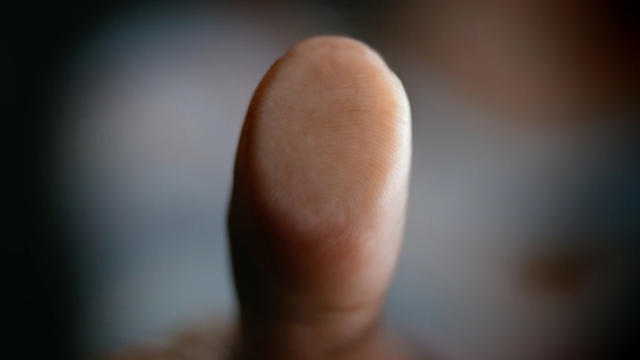The best way to make sure information on your phone isn't used against you in court is to use a passcode — not a fingerprint — to unlock your phone.
This isn't actually new information, but the U.S. just got a reminder about that thanks to a Los Angeles court case involving the girlfriend of an alleged Armenian gang member.
The Los Angeles Times reports the woman was compelled to open her locked iPhone with her finger after the device was seized by the FBI.
The bureau did have to get a warrant to compel the woman, but that didn't take very long. From the time she was arrested, the FBI only needed about 45 minutes to get a judge's go-ahead.
They were probably rushing because iPhones won't unlock with Touch ID if the phone's been locked for 48 hours or if it's been shut off. In those cases, it takes a passcode to unlock — and courts can't compel people to give up those.
Law enforcement have been able to force Americans to unlock their fingerprint-protected phones since 2014, but this appears to be the first time someone's actually been compelled to do it.
This video includes an image from Getty Images and clips from Apple and Pocketnow.


